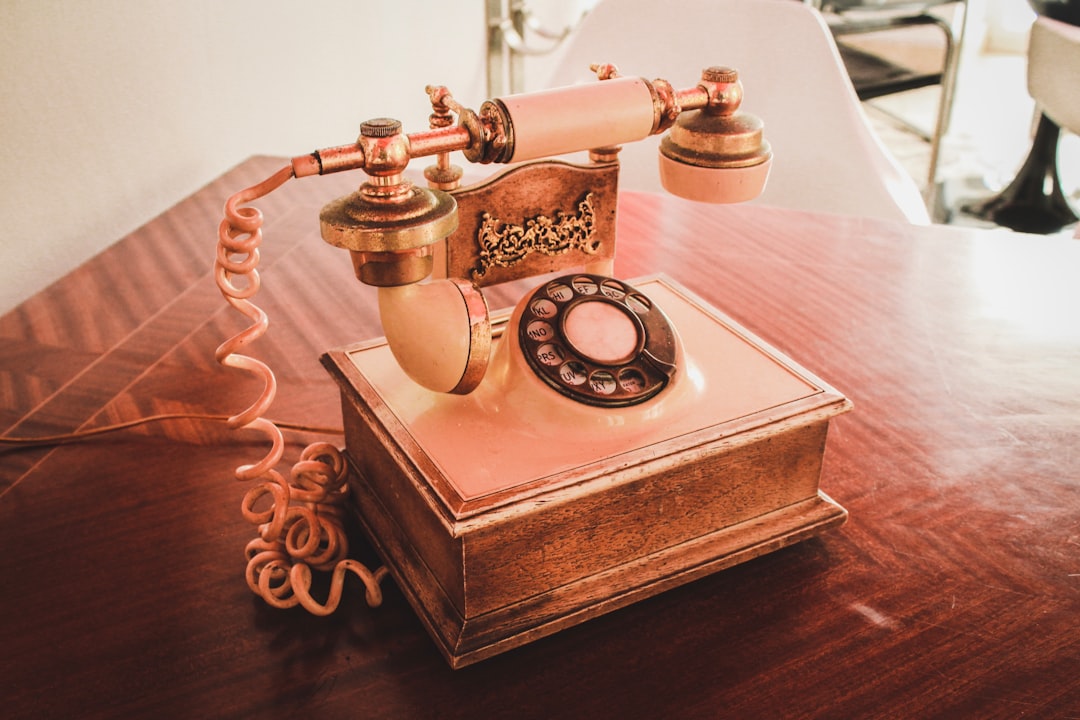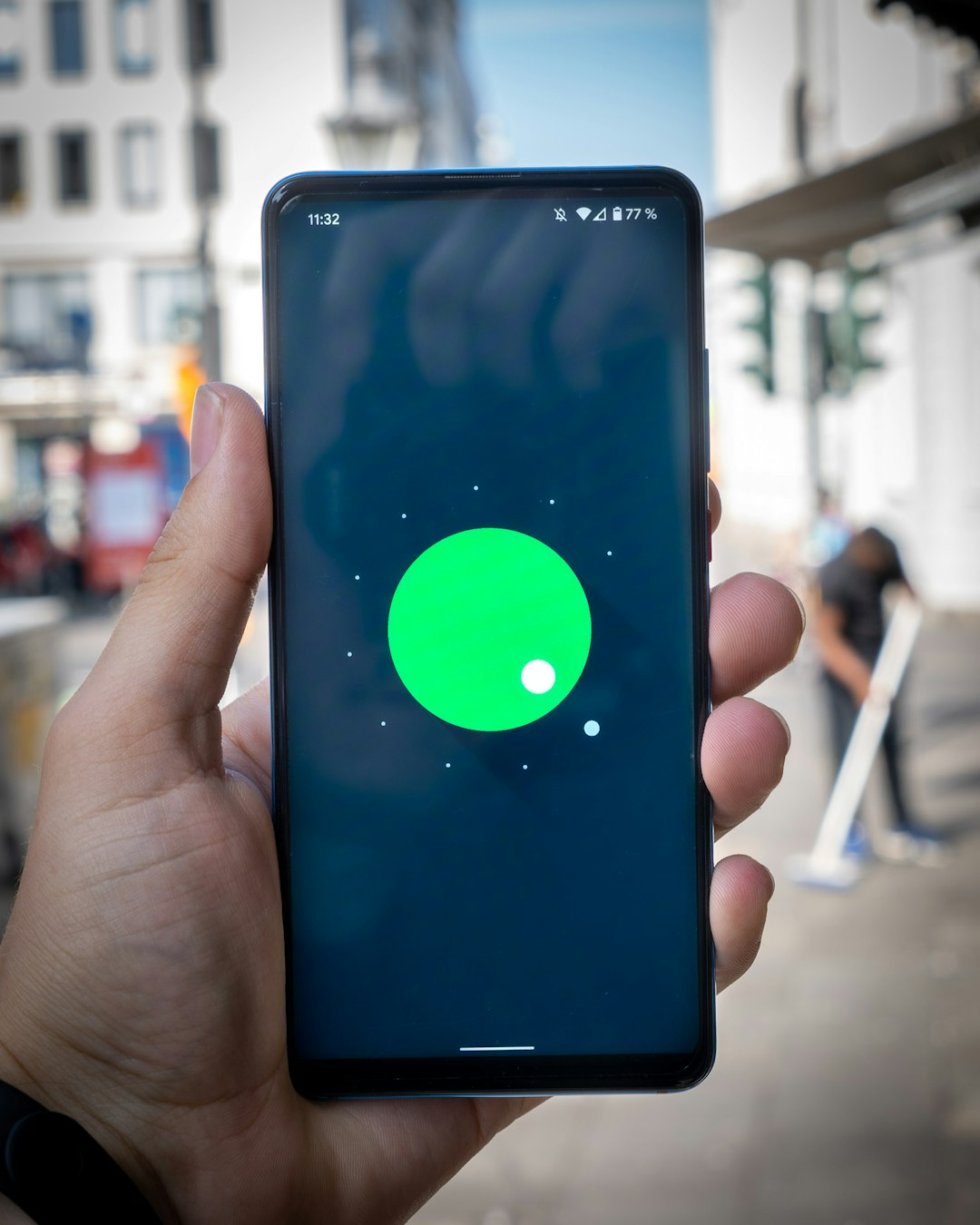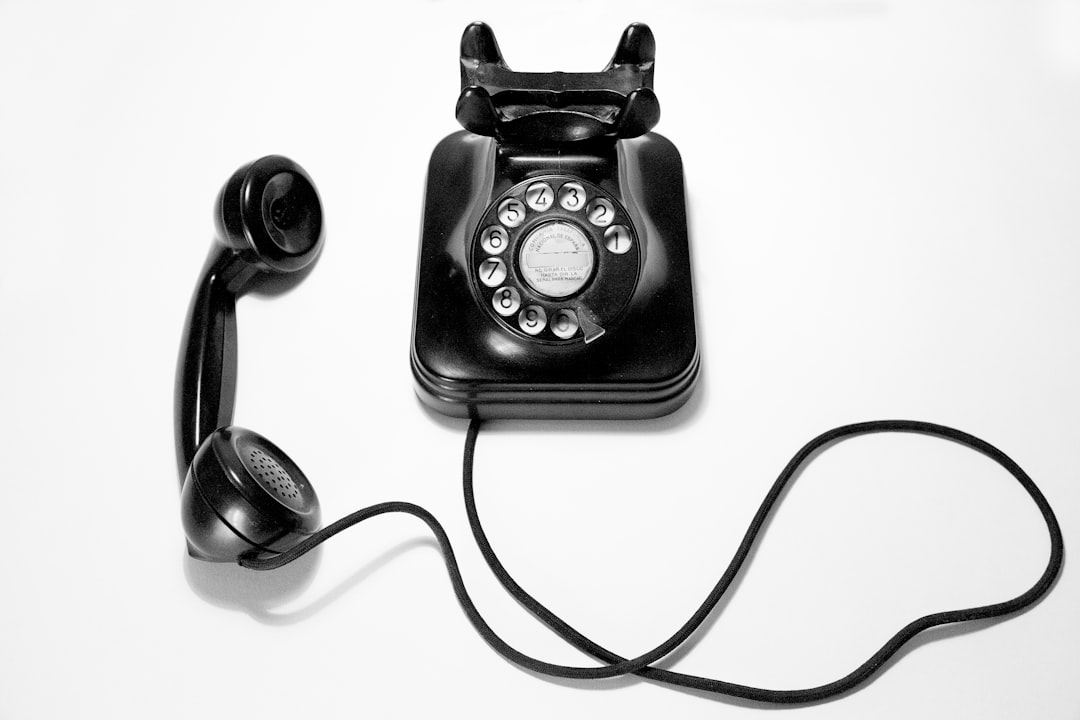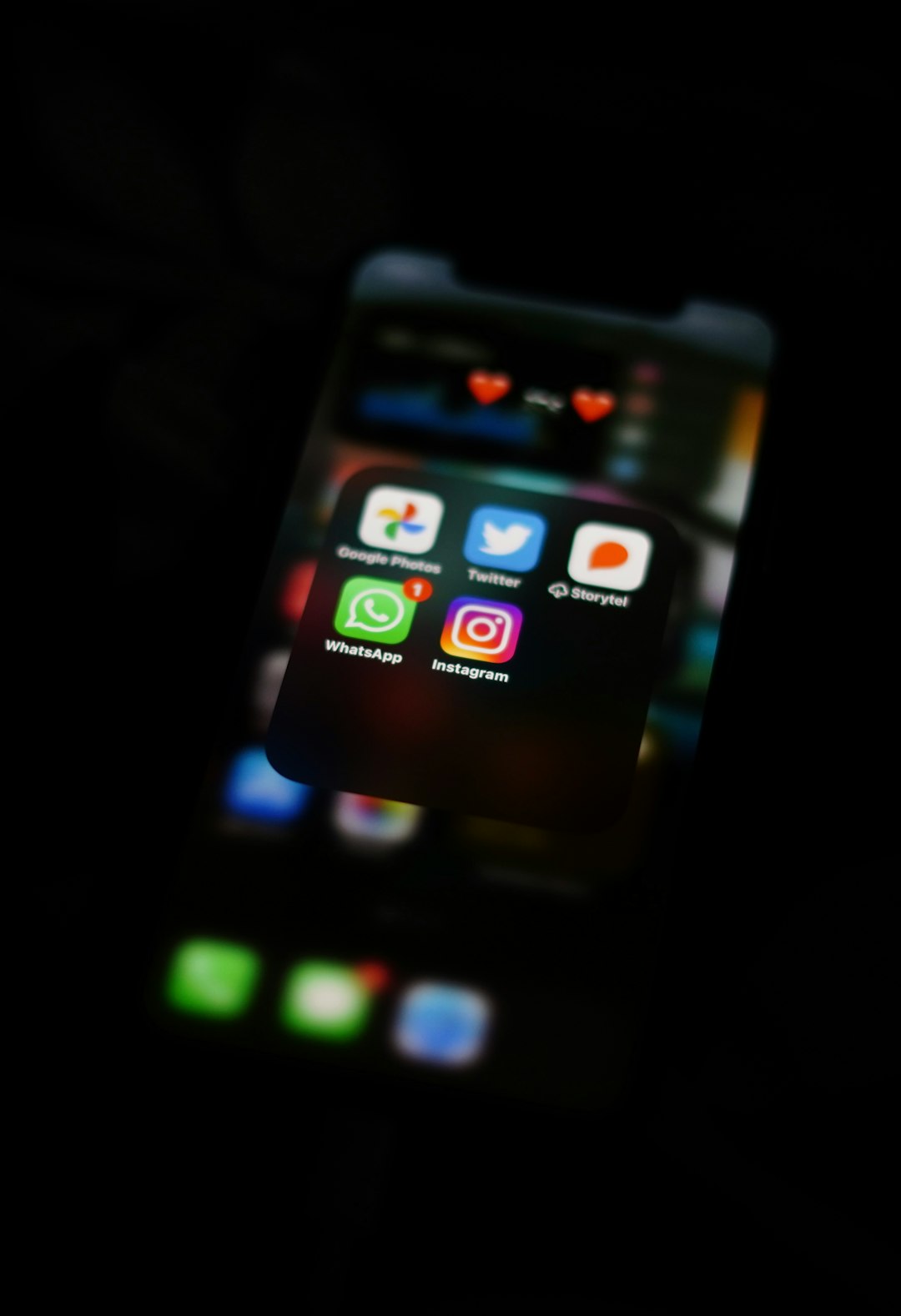In the digital age, robocalls are a common method for healthcare communication, but they must adhere to strict legal guidelines like HIPAA for patient data privacy and security. Cherokee Mental Health Institute in Iowa prioritizes confidentiality by employing a multi-layered security strategy, including training staff, implementing strict protocols, and using cutting-edge technology to monitor incoming automated calls. Their approach ensures compliance with privacy regulations while facilitating secure interactions with patients and legal representatives, such as robocall attorneys in Iowa. As robocall usage grows, expert guidance from Iowa-based robocall attorneys is crucial for healthcare providers to maintain patient confidentiality.
“In the digital age, robocalls have become a prevalent concern for healthcare providers, including Cherokee Mental Health Institute (CMHI) in Iowa. This article explores the intricate issue of patient confidentiality and how CMHI navigates the legal complexities surrounding robocalls. We delve into the ‘Understanding Robocall and Patient Confidentiality’ from a legal perspective, highlighting key regulations like TCPA. Then, we present CMHI’s innovative approach to protecting sensitive information through secure communication methods. Finally, we discuss the impact of this strategy and its potential future implications for healthcare.”
Understanding Robocalls and Patient Confidentiality: A Legal Perspective

In today’s digital age, robocalls have become an increasingly common method of communication, especially in the healthcare sector. These automated phone calls, often used for patient outreach and reminders, raise important questions regarding patient confidentiality. When a robocall attorney Iowa-based Cherokee Mental Health Institute initiates such calls, it must adhere to strict legal guidelines to protect sensitive information.
The Legal Telescope on Robocalls focuses primarily on the Health Insurance Portability and Accountability Act (HIPAA). This federal law sets standards for protecting the privacy and security of patient health information. In the context of robocalls, HIPAA prohibits the disclosure of protected health information without proper authorization. Therefore, Cherokee Mental Health Institute must ensure that any automated calls do not violate patient confidentiality, particularly when discussing medical records or treatment details. Engaging robocall attorney Iowa specialists is a proactive step to navigate these legal complexities and maintain the trust of patients whose privacy is at the heart of this discussion.
Cherokee Mental Health Institute's Approach to Protecting Sensitive Information

The Cherokee Mental Health Institute (CMHRI) takes patient confidentiality extremely seriously, especially in light of modern communication methods like robocalls. With the rise of automated phone calls, protecting sensitive information has become a significant concern for healthcare providers. CMHRI has implemented robust security measures to safeguard patient data and ensure compliance with privacy regulations. Their approach involves rigorous training for staff on handling confidential information and strict protocols for external communications.
The institute employs advanced technology to filter and monitor incoming robocalls, preventing unauthorized access to patient records. Additionally, they have established clear guidelines for responding to such calls, emphasizing the importance of verifying patient identity and redirecting non-emergency inquiries to appropriate channels. This comprehensive strategy ensures that sensitive information remains secure while promoting effective communication with patients and their legal representatives, including robocall attorneys in Iowa.
The Impact and Future of Secure Communication in Healthcare: A Case Study

In today’s digital era, secure communication is no longer an option but a necessity in healthcare. The use of technology, such as robocalls, has revolutionized patient outreach and engagement. However, it also presents unique challenges regarding patient confidentiality. Cherokee Mental Health Institute (CMHI) in Iowa recently addressed this issue by implementing robust security measures to ensure that patient data remains private during automated phone calls. This proactive approach serves as a case study for other healthcare institutions grappling with the balance between efficient communication and stringent privacy protocols.
The impact of secure communication extends beyond compliance with legal standards, such as those set by the Health Insurance Portability and Accountability Act (HIPAA). By safeguarding patient information, healthcare providers can foster trust, improve patient satisfaction, and enhance clinical outcomes. As robocall technology continues to evolve, so too will the need for innovative solutions that protect sensitive data while leveraging the benefits of automated communication. A robocall attorney Iowa-based might advise institutions on navigating these changes, ensuring they stay ahead of the curve in maintaining patient confidentiality.






